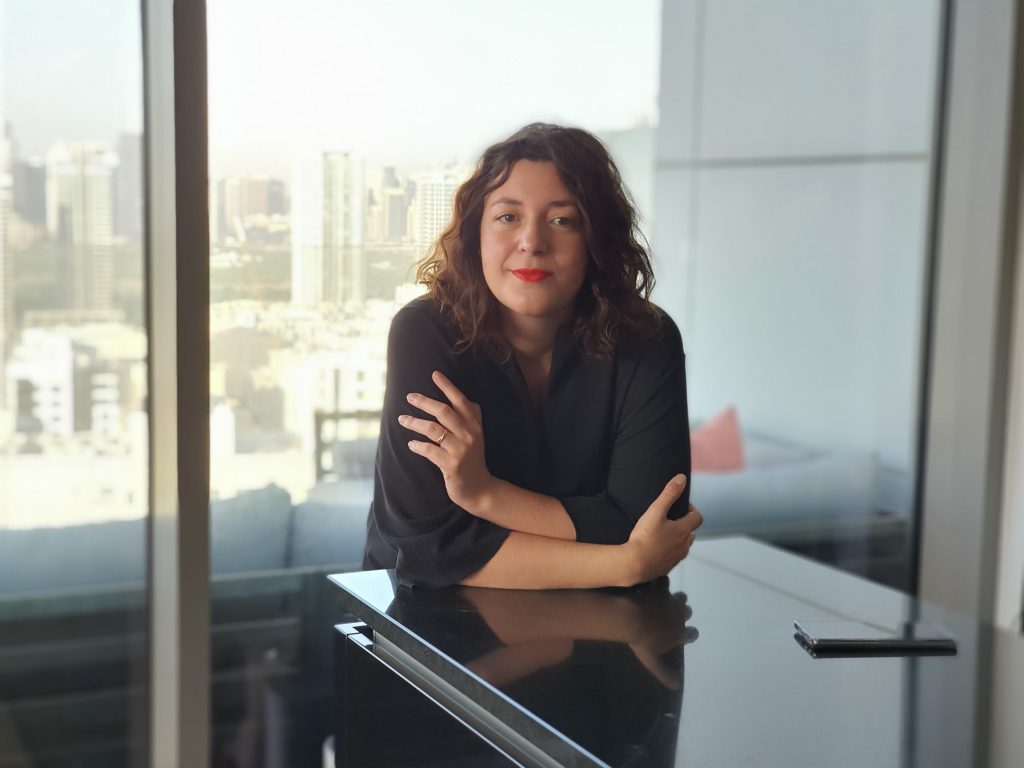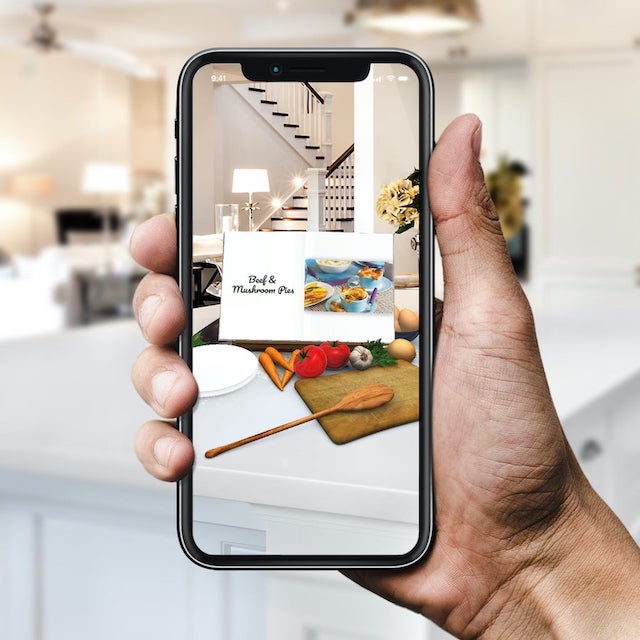“Through this ‘AR for Good’ collaboration with Instagram, we wanted to show that by harnessing digital technologies in creative ways, we can all contribute to solving societal problems. Disruption for good is all about putting innovative ideas at work to drive forward societal progress.” – Jennifer Fischer, Chief Innovation Officer at TBWA\RAAD MENA


This month, Instagram launched an “AR for Good” campaign to address the problem of food wastage during Ramadan, made particularly salient by the Covid-19 pandemic. Food wastage, that usually peaks in the region during the holy month due to overcooking, was compounded this year by the health restrictions making people unable to donate excess of food.
The initiative kicked off in late February with a two-day “AR for Good” hackathon at Facebook’s offices around ways to use the platform’s latest augmented reality (AR) technology in order to raise awareness around this issue and help solve it. Hackathons are a big tradition at Facebook; since 2004, they have served as an opportunity to try out new ideas and collaborate with partners in a fun environment. On this specific occasion, Facebook reached out to the regional creative community and had four leading creative agencies participate in the hackathon.
Based on the insight that people simply do not have the right tools to better plan how much food they need to prepare every day and thus avoid overcooking, especially during Ramadan, regional creative agency TBWA\RAAD MENA came up with the hack’s winning concept: an AR filter that acts as a meal quantity planner and allows users to size up or down multiple recipes based on how many people will be sharing the meal.

Leen Fakhreddin, Creative Agency Partner for Facebook MEA, explains: “Our game-changing AR technology has allowed us to create more immersive and engaging experiences on Instagram and Facebook; however, we couldn’t use it in a better way than to solve critical issues and challenges.”
The filter was launched on the social channels of the Egyptian Food Bank, a non-profit organization specialized in fighting hunger through diversity and innovation. The filter can be found on @egyfoodbank on Instagram and Facebook, with a number of Ramadan recipes, with portions sized to two, four or six people.
The “AR for Good” campaign is ongoing with TBWA\RAAD MENA’s continuous involvement, and a measurement study has been launched recently to quantify and understand its impact.
We spoke with Jennifer Fischer, Chief Innovation Officer at TBWA\RAAD, to better understand how this great campaign came to life.
What was the key challenge that you tried to solve with the “AR for Good” campaign?
An estimated 1.3 billion tons of food is wasted every year globally. This represents close to one-third of all the food produced for human consumption. It is a global issue of epic proportions that only a behavioral change can have an impact on.
During this specific Ramadan, we felt the problem would be compounded by social distancing, as gatherings would be smaller than usual, and the typical portions prepared would not match the attendees.
How does the creative idea serve the campaign objective? How does it stand out?
The idea came to life during the “AR for Good” Hackathon. Instead of coming up with another awareness message, our team was committed to delivering an AR solution that can help solve the issue in a tangible way by changing food preparation habits – proving how a simple, yet purposeful idea can induce positive change.
How did you use Facebook platforms/solutions to solve this challenge?
More often than not, augmented reality is being used for trivial things like games or ways to enhance selfies. The reality is that AR can help solve real-life problems and provide tangible solutions for both businesses and social issues – and this not tomorrow, but right now. On Facebook and Instagram, the power for good is multiplied because of the immense reach that the platforms have, allowing these innovative solutions to scale their impact at speed.




